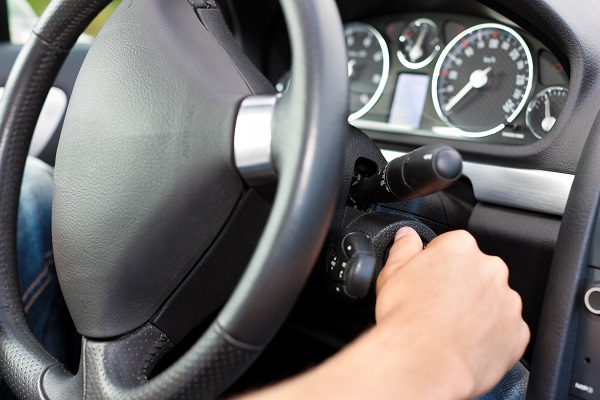Ignition Interlock Devices and Personal Breathalyzers
In the state’s quest to prevent drunk driving and punish drivers who violate the law, ignition interlock devices as DUI prevention have become increasingly popular. At the same time, drivers looking to avoid the consequences of a DUI often use personal breathalyzer devices. Oklahoma drivers who have their licenses revoked after a DUI arrest and do not seek an administrative hearing may obtain a modified license to drive. One condition of the modified license is installation of an ignition interlock device on the car or cars they drive. In addition, many drivers receive an ignition interlock requirement as part of a...
Continue reading



